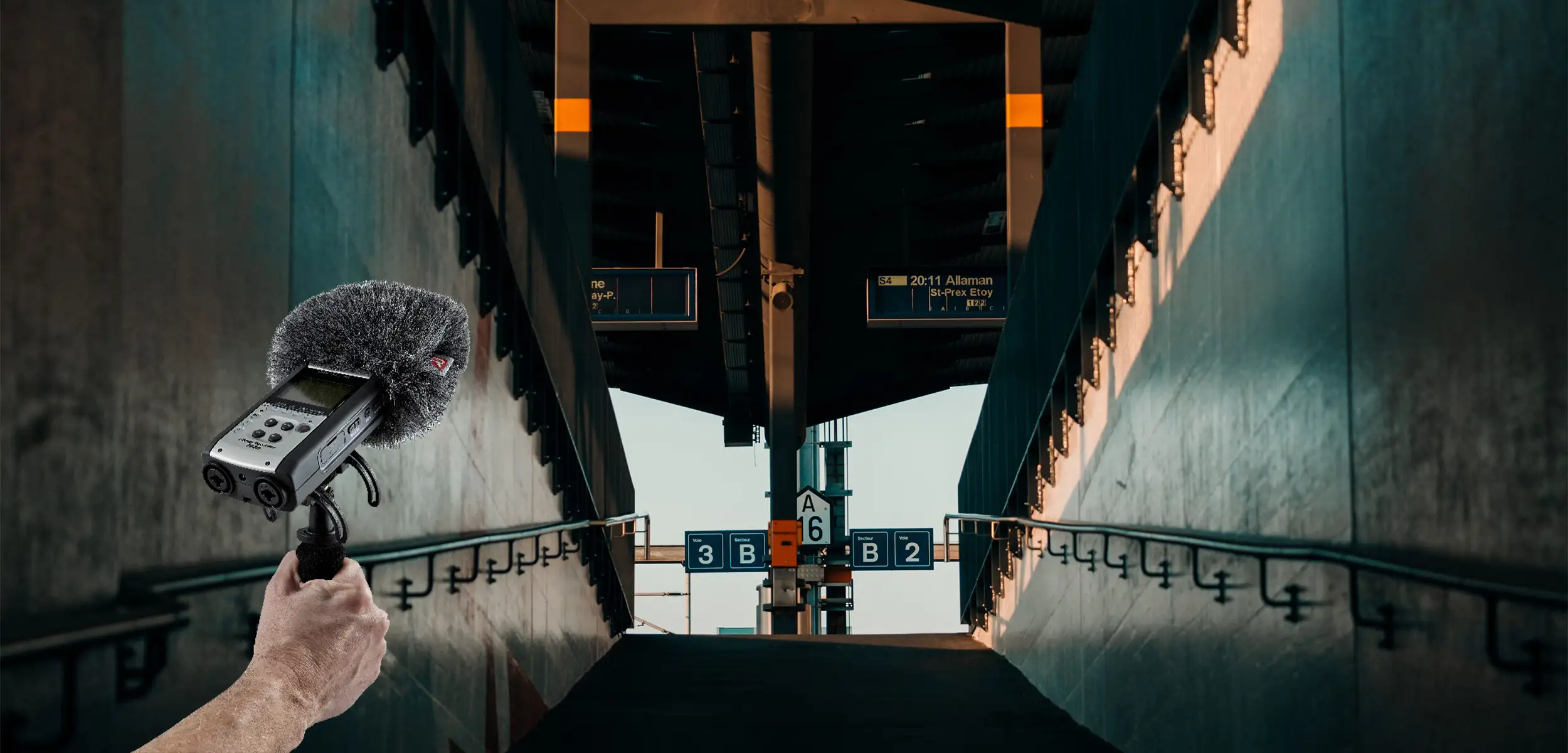In this article:
Navigating the legal side of music can be confusing, but it’s crucial to protect your work and ensure you’re getting paid. Let’s break down the basics so you can feel confident about your rights, royalties, and keeping control over your music.
Understanding Copyright for Your Music
When you create music, you automatically own the copyright, which protects your work from unauthorized use. Copyright covers both the composition (melody, lyrics) and the sound recording itself.
How to Protect It
Consider formally registering your copyright to solidify your ownership, especially if you plan to distribute widely. In the U.S., for instance, you can register through the Copyright Office. This step makes it easier to prove ownership if any issues arise down the line.
The Basics of Music Royalties
Royalties are the payments you earn whenever your music is used or played, whether it’s on streaming platforms, radio, or in public spaces. Different types of royalties include mechanical, performance, and sync royalties.
How to Collect Them
Join a Performing Rights Organization (PRO) like ASCAP, BMI, or PRS (depending on your country) to collect performance royalties. For mechanical royalties from streaming and downloads, you’ll need a music distributor or a collection agency like SoundExchange.
Signing with a Publisher or Going Independent
Publishing agreements can help get your music to a wider audience, but they come with terms that affect your control and earnings. Understanding the pros and cons of signing with a publisher is essential.
What to Consider
If you sign with a publisher, read the contract carefully. Look at how royalties will be split and understand any limitations on where or how you can license your music. If you prefer full control, independent distribution is a viable route with modern platforms.
Protecting Your Music with Licensing
Licensing allows others to use your music legally in films, ads, games, and other media. It’s a great way to earn while reaching new audiences.
How to License Your Music
You can license your music independently or work with a sync agency to secure placements. Independent artists can also join music libraries that specialize in licensing, but be sure to review the terms of each library or agency carefully.
Resolving Disputes and Managing Rights
If you ever face unauthorized use of your music, you have legal options to enforce your rights. Dispute resolution can vary depending on the situation, but knowing your rights is key to acting quickly.
What to Do in a Dispute
Start with a formal takedown request or contact the platform where your music was misused. If necessary, consulting a music attorney can help resolve more complex disputes. Remember, registered copyrights strengthen your position in these cases.
Conclusion:
With these essentials, you’ll have the tools to protect your music and ensure you’re fairly compensated. A bit of upfront work on the legal side goes a long way in giving you peace of mind as an artist.
Read other articles
 November 12, 2024
November 12, 2024Mixing and Mastering: Common Mistakes and How to Avoid Them
Mixing and Mastering: Common Mistakes and How to Avoid Them
 October 26, 2024
October 26, 2024Unconventional Sound Design: Exploring Field Recording in Music Production
Unconventional Sound Design: Exploring Field Recording in Music Production
 October 21, 2024
October 21, 2024The Science Behind Sound: How Frequencies Affect Human Emotion in Music Production
The Science Behind Sound: How Frequencies Affect Human Emotion in Music Production